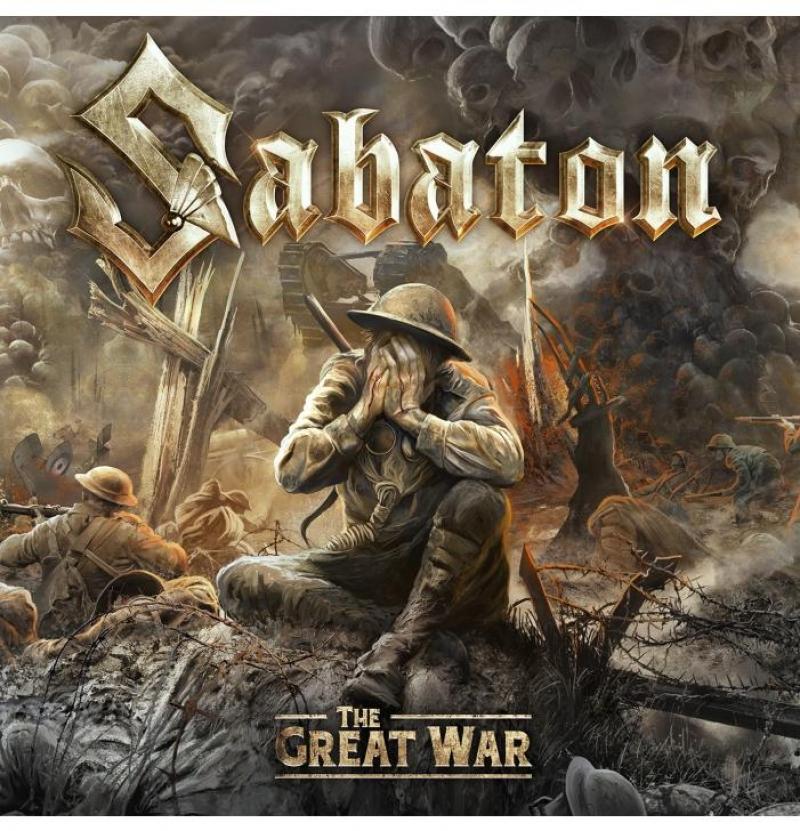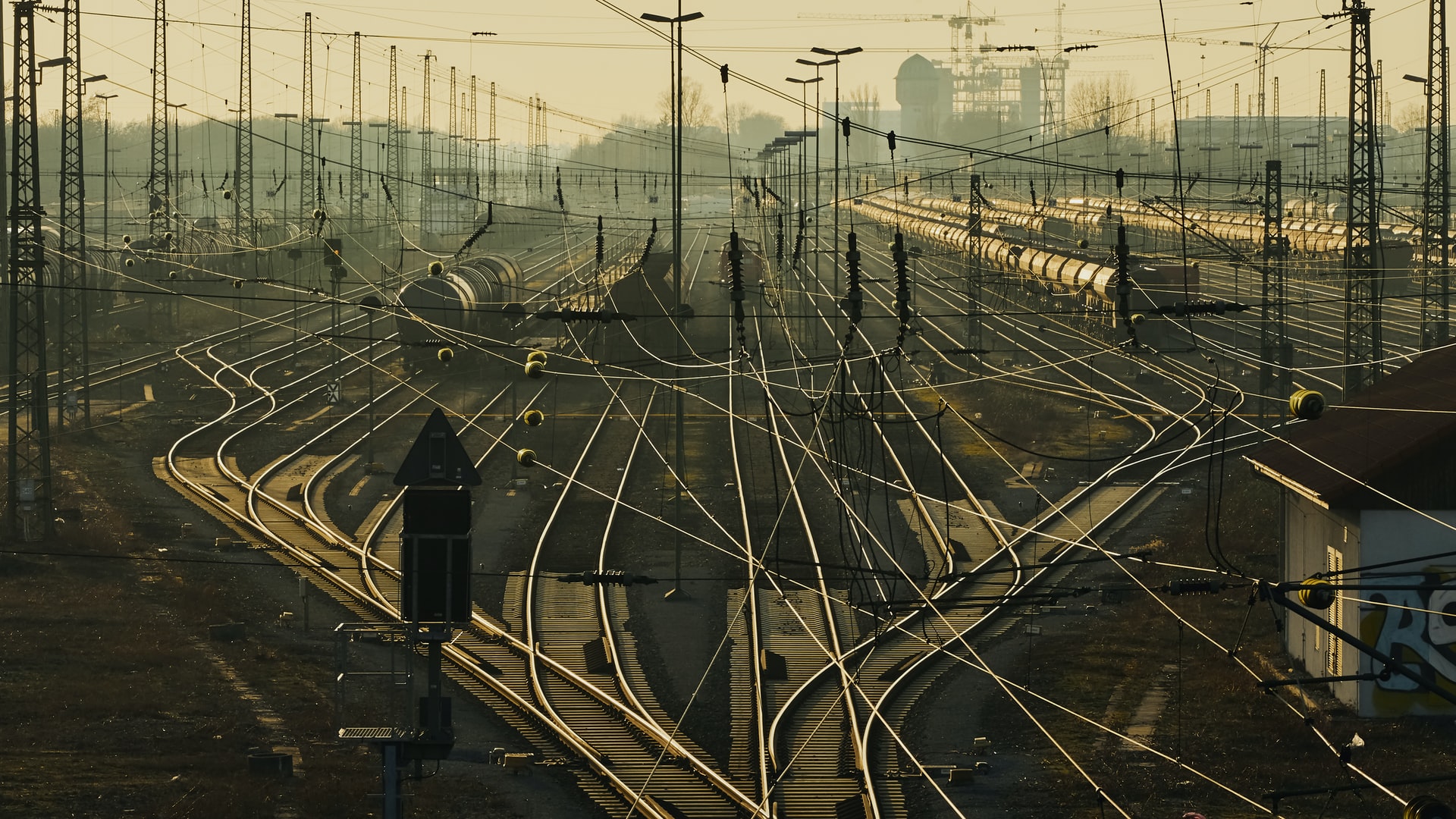Posts filtered by tag: politics

A wave can crash on a rock with the latter remaining unbothered, but certainly an unprovoked fist would cause shock if not immediate anger. In any conflict, the physical and mechanical actions are not enough. One doesn’t simply punch back and remain in the same state of mind as before. No, there needs to be a rationale, a reason. “We are fighting for…” or “The other side is…” Either one has proven useful in the past. Combatants don’t merely scramble for the nearest weapon to defend themselves with, but they also grasp at ideas to justify their actions. At first glance, this may seem a cynical “oh, any lie will do,” and speak to a hasty conclusion that all rationales are only incidental. Yet, this would miss the more interesting conclusion that myth is not simply a “lie,” but rather an expression of something very real. The concept of the myth as outlined by Georges Sorel and elaborated by José Carlos Mariátegui speaks to the power of a narrative not as a lie, but as a specific expression real conflict. Paradoxically, it is the socialist “myth” that can provide the most clarity and cut through the obscuring fantasies that fill our contemporary white noise.
To work through this, why not start in the most obvious place: stories of war. In their recent album The Great War, Sabaton, a Swedish metal band, recounts some of the more famous moments within WWI. Halfway through this recounting, the track “Great War” follows a soldier as he meditates on his involvement in the war. The song has him ask “Where is this greatness I’ve been told? / This is the lies that we’ve been sold/ Is this a worthy sacrifice?” Later in the song and through battle, he reaffirms his role, “I do my duties, pay the price / I’ll do the worthy sacrifice / I know my deeds are not in vain.” Here, there are two competing accounts of WWI. On the one hand, there is a cynical recognition that he was sold lies, yet on the other, he affirms that he is making a worthy sacrifice and that his deeds are not in vain.
There are a few possible readings of this contradiction. The first is that he simply comes to his senses and recognizes the truth, disavowing his earlier, panicked questioning. Aside from not being interesting, this reading doesn’t fully capture the truth that was uttered in his cynicism. The second would have him cling to the narrative so that his actions are not in vain, that instead of first believing he is being lied to, he chooses to lie to himself out of necessity. While this certainly has some merit, it misses the most important part of the track: that it is narrative that is adding to the ever-continuing story of war. Here, the fact that Sabaton is retelling, rephrasing, and reframing stories of war speaks to Walter Benjamin’s famous thesis that “the only writer of history with the gift of setting alight the sparks of hope in the past, is the one who is convinced of this: that even the dead will not be safe from the enemy, if he is victorious.” Sabaton, and not the fictional protagonist of the song, is the one trying to “save the dead” by retelling the story in this way. In this reading, the solution to the cynical questions of the protagonist is answered by those who look to redeem the past.
Now, while Sabaton is providing a narrative of WWI regarding the “dead,” what is to be made of this lyrical narrative when regarding more typical arguments of class war? It is no secret that the Bolshevik revolution was partially incited because of the disaster that was WWI, so would not the easy, socialist response merely be “war is a capitalist phenomenon built on illusion that obscures the concrete potential for peace and harmony, and therefore we should expose this lie?” What this impulse leads to is a knee-jerk reaction, essentially arguing “yes, the bourgeois warmongers deal in illusions while socialists deal in science.” Somewhat similar to the modern liberal’s almost religious “I believe in science,” this impulse misses the understanding that, as Mariátegui puts it, “without myth, the history of humanity has no sense of history” (384). The key here is that there is no fleeing from fantasy into reality, but instead seeing how fantasy itself structures our reality. Our sense of history, and therefore a sense of self, is structured by myth. This is the reality, one that is penetrated and shaped by myth, not purely obscured by it. In this light, it is not that the hyper-nationalist narratives of WWI were true (far from it), but they were expressions of a real kernel of truth, that, as Lenin highlighted, was a concrete component of the larger class war. The Bolsheviks’ struggle against war was then not some pacifist dream of harmony that would result in the protesting of returning soldiers; rather, it was the forceful insistence that all the sacrifice during WWI would not be in vain and that only through a socialist revolution would the dead be safe.
In this view, the re-telling of history with the aim to elevate, redeem, and save the dead through myth has a two-fold function:
1. It provides a powerful narrative for combat that can propel activity through great sacrifice.
2. It paradoxically is an expression of a real kernel, that reality and history include myth, and therefore sidesteps the greatest fantasy of obtaining “pure,” “scientific reality.”
Is this not exactly the function of the famous socialist red flag? The red symbolizes the blood of all the workers who built this world and gave their lives fighting for a society made by and controlled by workers. The red flag provides a powerful, real myth of redemption, that the blood of all past workers and revolutionaries will be redeemed in the revolution that is to come. As opposed to a mere vision of a utopian future, a myth incorporates a sense of history that necessitates a forceful and vigorous recognition of the past and present. Do not the historical instances of the Battle of Blair Mountain, the Ludlow Massacre, Wounded Knee, and countless others inspire a very real rage? This socialist myth is not some abstract ideal that reality is measured by, but a concrete expression of a past and reality that includes the actions, feelings, and aspirations of real people. To get to this concrete reality, there is no other way except through myth.

Cracks and wires are strewn across the dry landscape. Only hidden insects and a constant hum of electricity assure listeners that the location wasn't entirely devoid of life. In fact, it is very much alive. Past fires and droughts clear the way for solar and server farms. Signals race up and down columns of a vast, almost living network architecture. They speed across fiber-optic cables, past fields of industrialized mono-culture, and are rendered on screens as digital billboards. CALL 1-800-JESUS dissipates into pixels of pornography and pet videos. Messages and media bloom atop trunks of alloyed antennae and copper roots. The worlds of Bratton's Stack and McCarthy's Blood Meridian are fused through an array of technical hyperlinks, mirroring the outskirts of Gibson's Sprawl.
Discussion whether this points to an alternate future or some sci-fi scene only obscures the uneasy familiarity of the view. This world has been built, transmitted and distributed by old users to new. The labor of erecting cell-towers, extracting energy, and laying miles of cable under-girds systems of gigabytes and gig work. As a writer of "content," the meaning matters far less than the message. This "content" is directed to an audience, not of people, but to machines, to the algorithmic highways that direct flows of attention. If there is fact in the form of fiction, then "sponsored content" advertises more than it intends.
The ads and messages of our augmented reality disclose a set of social relations not all too alien from their physical counterparts. The incalculable amounts of people and their labor that render these networks and "adSense" analytics profitable in the first place are assumed. They are now background processes, flesh-and-blood daemons that generate profit when executed. A logic of a system, taking shape and forming out of the infernal twin metabolisms of exploitation and extraction, is beginning to cohere. Yet this system isn't virtual. It is not in some Matrix-mainframe, only reachable by lone-wolfs in mirrorshades.
It is seen on the highways, in RF-coded supply chains, in underground lithium deposits, in the servers that store this very website. Most importantly, however, it is ultimately contained in the sheer capacity of the people that bring these materials to life. If something new is desired, it can only be realized through the very power and strength that brought about this landscape. Only when ransomware attacks begin to look like general strikes is this capacity ready to be leveraged.
